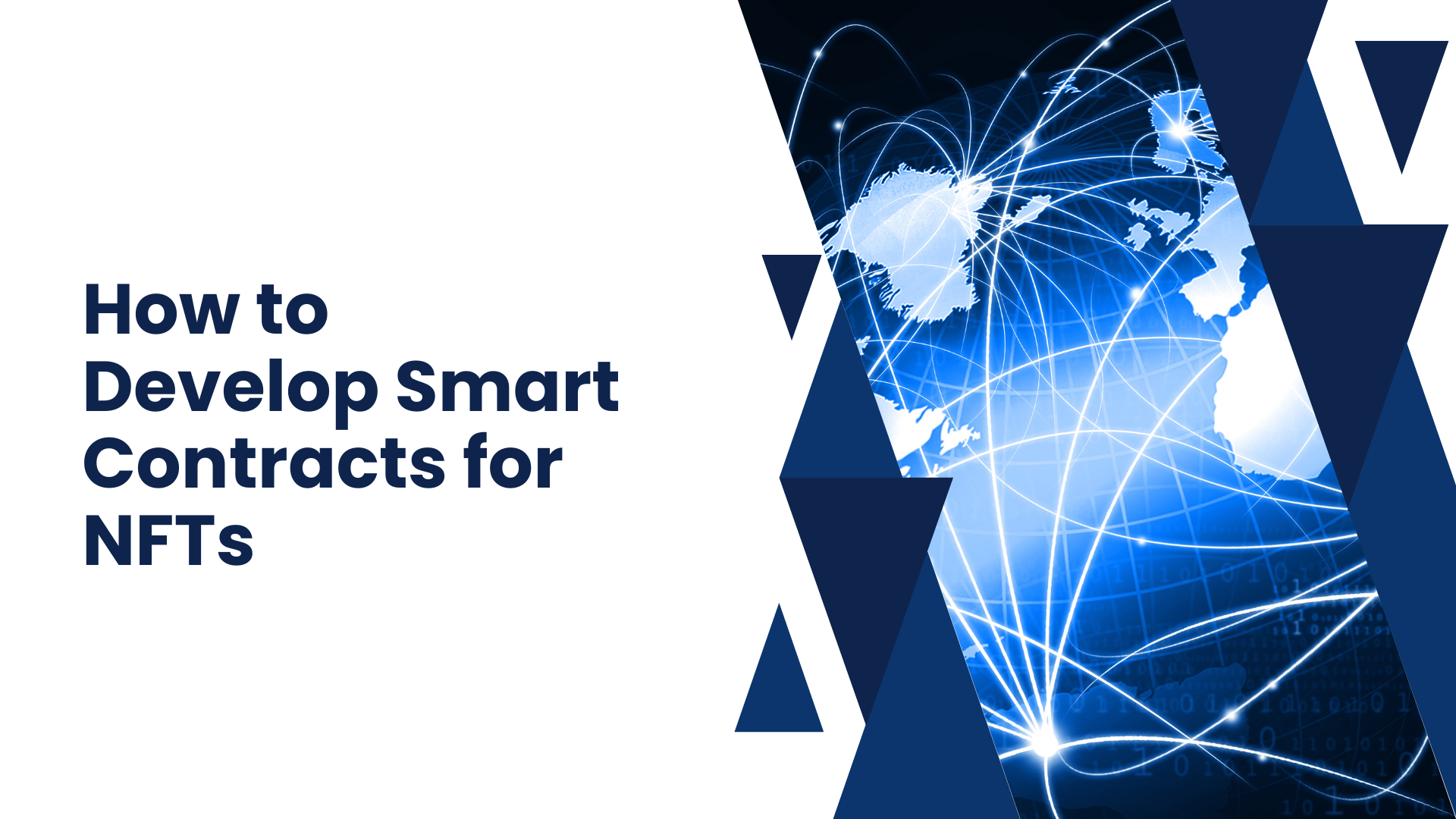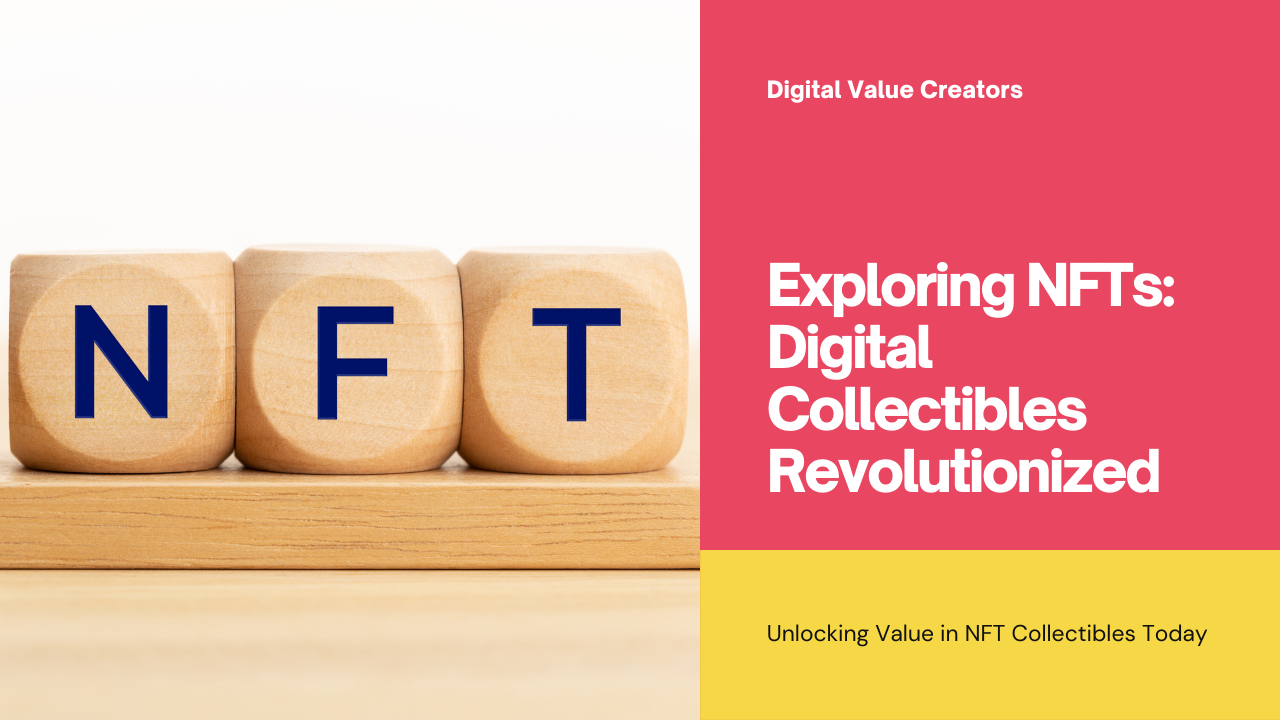In recent years, Non-Fungible Tokens (NFTs) have emerged as a transformative force in the gaming industry, promising new ways for gamers, developers, and publishers to interact, create value, and redefine ownership within virtual worlds. NFTs are unique digital assets that are verified using blockchain technology, ensuring transparency, security, and authenticity. In this blog post, we explore the implications of NFTs in gaming, their potential benefits, challenges, and what the future holds for this innovative intersection of technology and entertainment.
Understanding NFTs in Gaming
Before diving into the future implications, it’s crucial to understand how NFTs are utilized in gaming. NFTs allow gamers to own and trade in-game assets such as characters, weapons, skins, and virtual real estate as verifiable digital assets on the blockchain. Unlike traditional gaming assets tied to specific platforms or games, NFTs offer gamers true ownership and the ability to transfer assets across different games and platforms.
Benefits of NFTs in Gaming
1. True Ownership and Interoperability:
NFTs enable players to truly own their in-game assets. This ownership is recorded on the blockchain, ensuring transparency and authenticity. Gamers can trade, sell, or transfer their NFTs independently of the game or platform, fostering a robust secondary market for virtual goods.
2. Economic Empowerment for Players:
By monetizing their gameplay through NFTs, players can earn real-world value for their time and skills. This can include selling rare items, leasing virtual properties, or participating in decentralized finance (DeFi) activities within gaming ecosystems.
3. Enhanced Player Engagement:
NFTs can enhance player engagement by offering unique, limited-edition items or experiences tied to specific achievements or events. This creates a sense of exclusivity and incentive for players to participate actively in the game’s ecosystem.
4. New Revenue Streams for Developers:
For game developers, NFTs represent a new revenue stream through initial sales and royalties from secondary market transactions. Developers can tokenize game assets, create virtual economies, and integrate blockchain-based mechanics to drive player interaction and spending.
Challenges and Considerations
While NFTs offer promising opportunities, several challenges and considerations must be addressed for their widespread adoption in gaming:
1. Scalability and Blockchain Integration:
Integrating blockchain technology and ensuring scalability without compromising game performance remains a significant challenge. Solutions like layer-two protocols and blockchain interoperability are being explored to mitigate these issues.
2. Regulatory and Legal Landscape:
The regulatory landscape surrounding NFTs, virtual assets, and cryptocurrencies varies globally. Developers and players must navigate legal considerations related to taxation, intellectual property rights, and consumer protection.
3. Environmental Impact:
The energy-intensive nature of some blockchain networks used for NFTs, such as Ethereum’s proof-of-work model, raises concerns about environmental sustainability. Efforts are underway to develop greener alternatives and improve energy efficiency.
The Future of NFTs in Gaming
1. Integration with Metaverse and Virtual Reality (VR):
NFTs are expected to play a crucial role in the development of the metaverse, a collective virtual shared space that integrates augmented reality (AR), virtual reality (VR), and interconnected digital worlds. Players can use NFTs to personalize avatars, own virtual land, and create immersive experiences across virtual environments.
2. Cross-Platform and Cross-Game Compatibility:
As interoperability becomes a priority, NFTs will facilitate seamless asset transfer and interoperability across different gaming platforms and ecosystems. Players can use their NFTs in multiple games, unlocking new gameplay experiences and creating a unified digital ownership experience.
3. Decentralized Autonomous Organizations (DAOs) and Community Governance:
NFTs can empower players to participate in decentralized autonomous organizations (DAOs) governing gaming ecosystems. DAOs enable community-driven decision-making, governance, and revenue sharing, aligning incentives between developers, players, and stakeholders.
4. Innovative Gameplay Mechanics:
Game developers are exploring innovative gameplay mechanics enabled by NFTs, such as play-to-earn models, dynamic item crafting, and player-driven economies. These mechanics can redefine traditional gaming paradigms, offering new incentives and rewards for player engagement.
Conclusion
The future of NFTs in gaming holds immense promise for transforming how players interact with virtual worlds, own digital assets, and participate in decentralized economies. As technology evolves and adoption grows, NFTs are poised to revolutionize gaming ecosystems, creating new opportunities for economic empowerment, player engagement, and innovation.







